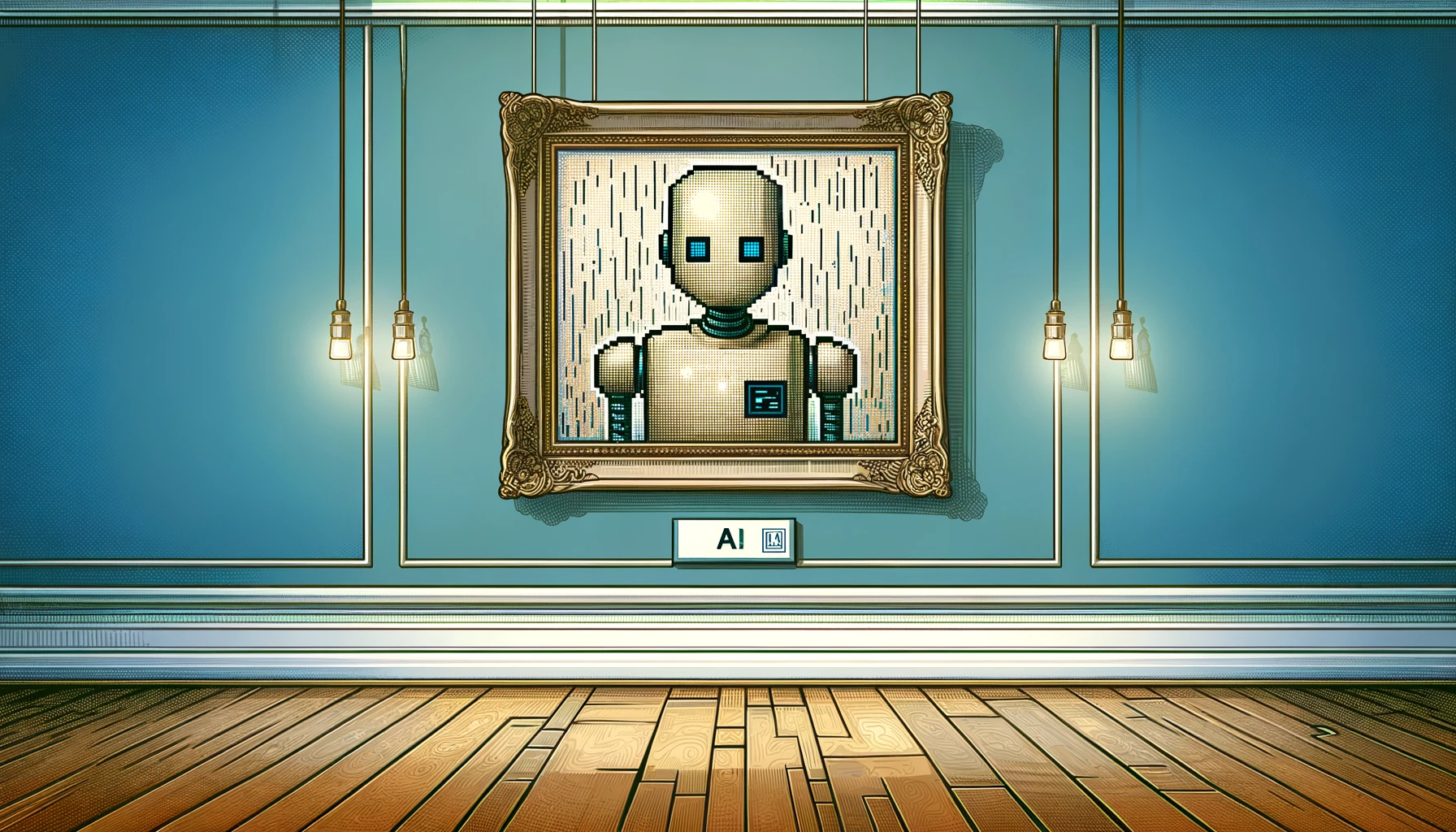Google's SEO guru John Mueller weighs in on the AI-generated vs. stock images debate

Google's webmaster liaison and search analyst John Mueller recently shared his thoughts on the use of AI-generated images on non-art or AI-focused websites versus stock photography.
Mueller begins by stating the obvious: a website that wants to showcase a real product or object should use a real photo.
Real photos can be digitally edited, cleaned up, colorized, or have backgrounds removed by AI, but the basis of the image should be real to give users an authentic representation of the object.
Mueller sees stock photography and AI images on equal footing
Regarding AI images, Mueller argues that he sees no significant difference between the use of stock photography and AI-generated images when the purpose of an image is to decorate the content of a website.
Both types of images can be visually appealing and make reading more enjoyable, but ultimately, they are just for decoration.
The decision to use real or AI-generated images may also depend on the topic of the page. For some topics, users would expect to see real images; for others, they probably wouldn't care.
Mueller assumes that people are more likely to search for topics where real images are important to them than for pages where they don't expect real images.
From an SEO perspective, Mueller advises website owners to ask themselves whether they would use stock photography or images on a particular page when considering whether to use AI-generated images.
You could also take a "quick snapshot" with your phone and call it "stock photography" if you're just using AI to save time and money in creating the images, Mueller said.
Mueller emphasizes that this is not an SEO tip or a reference to a ranking update. He also does not address the current copyright debate. It is possible to generate images that are almost identical to the material used for training, a recent Midjourney example shows. Midjourney will pass on any resulting copyright claims to the user who "knowingly" generated the image.
Related: Google seems to have problems with AI text. AI spam sites manage to get millions of clicks through Google channels. Google makes money from the ads served.
AI News Without the Hype – Curated by Humans
As a THE DECODER subscriber, you get ad-free reading, our weekly AI newsletter, the exclusive "AI Radar" Frontier Report 6× per year, access to comments, and our complete archive.
Subscribe nowAI news without the hype
Curated by humans.
- Over 20 percent launch discount.
- Read without distractions – no Google ads.
- Access to comments and community discussions.
- Weekly AI newsletter.
- 6 times a year: “AI Radar” – deep dives on key AI topics.
- Up to 25 % off on KI Pro online events.
- Access to our full ten-year archive.
- Get the latest AI news from The Decoder.